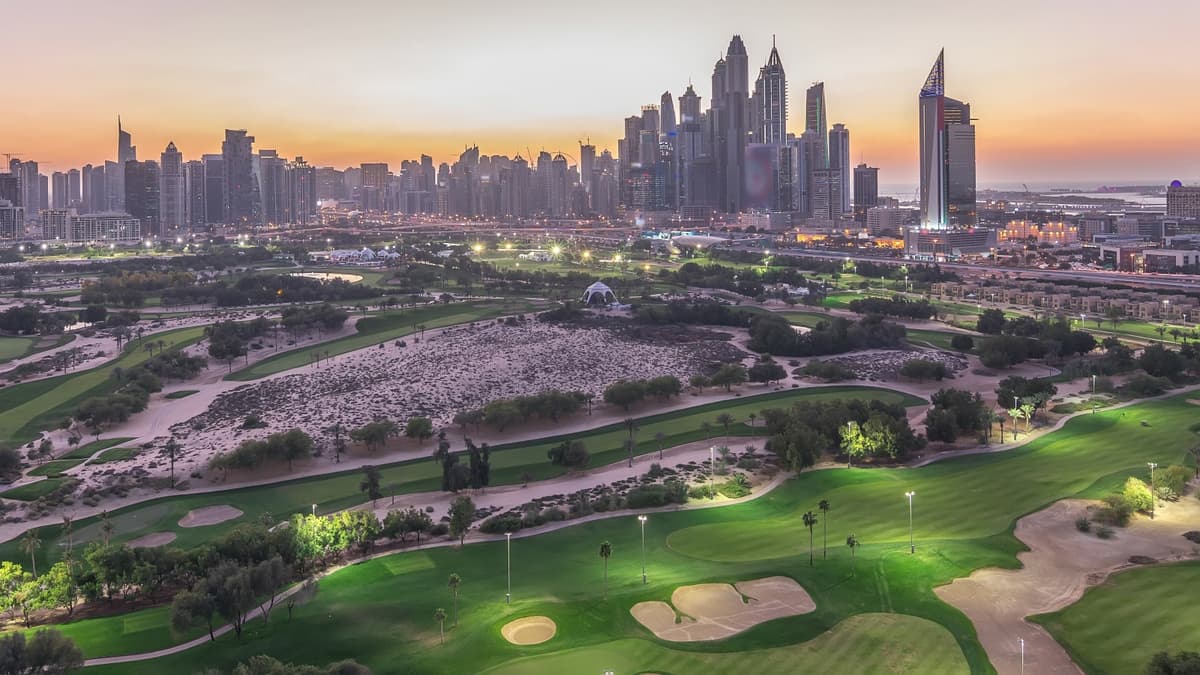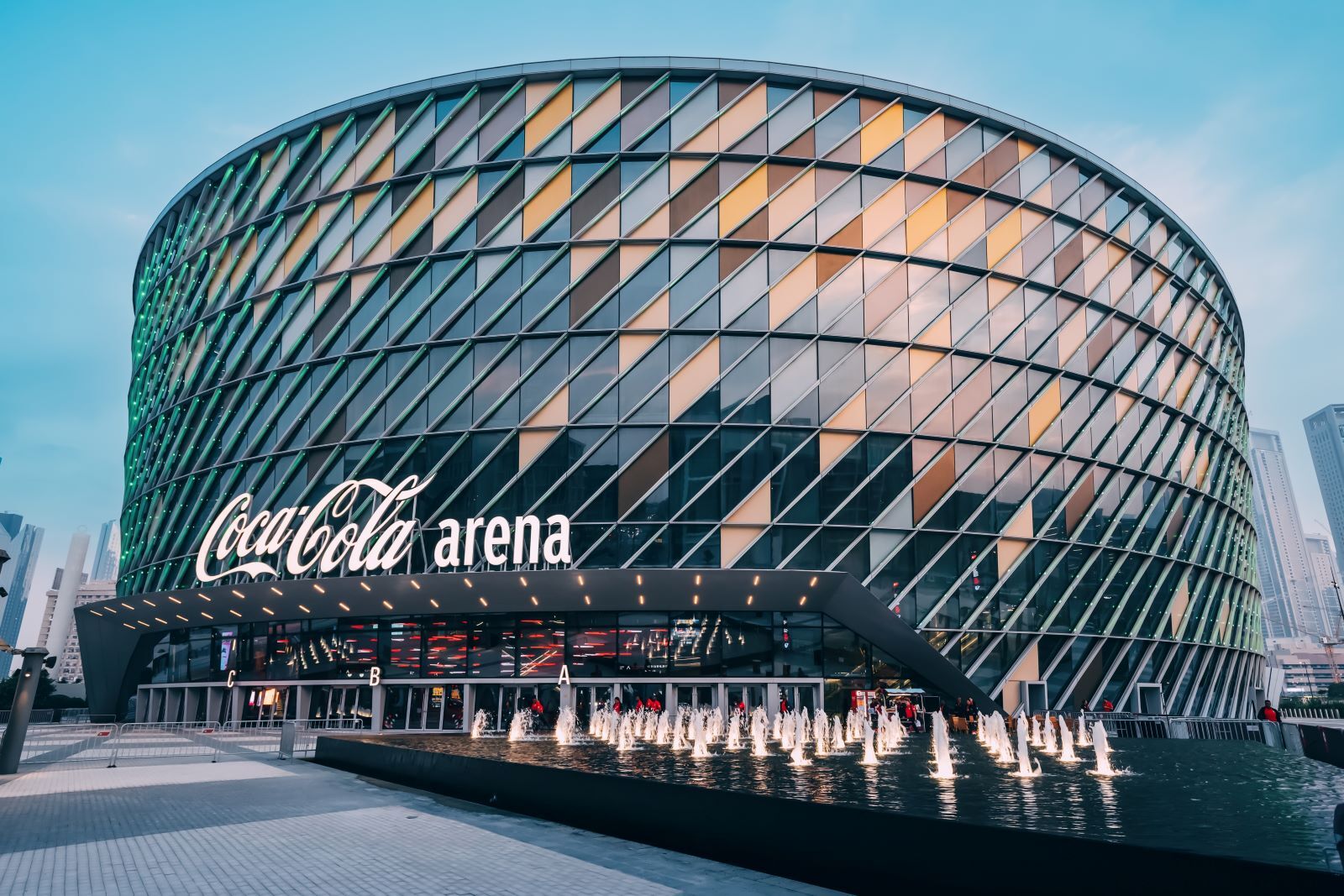Can Expats Buy Land in Dubai?
Published: 13 June 2024
Dubai, a metropolis known for its ultramodern architecture, culture, and economic progression, attracts people from all over the world. Among the many aspects that make Dubai appealing to investors is the real estate market. A common question among people considering a move to Dubai or already residing in the city is: Can expatriates buy land in Dubai? The answer is nuanced, involving specific regulations and opportunities that make it feasible for foreigners to invest in property within the city.


Legal Framework and Historical Context
Historically, property and land ownership in Dubai was restricted to UAE nationals and GCC (Gulf Cooperation Council) citizens. However, in 2002, the Dubai government introduced the Freehold Property Law, which transformed the real estate landscape by allowing expatriates to own property 100% in designated areas. This legal framework was a game-changer, opening the doors for foreigners to invest in Dubai's growing real estate market.
When buying freehold plots, the Dubai Land Department (DLD) registers the buyer's name as the "Landowner" in the registry and issues a title deed for the property, complying with property ownership laws in Dubai.
Emirates Hills, now one of the most exclusive neighbourhoods of Dubai was the first area to offer plots for sale that were classified as freehold, allowing expatriates and investors to build custom-designed homes.
Things to Consider when Buying Land in Dubai
To buy land in Dubai, you can purchase directly from master developers and private owners. Whether for development or resale, appointing a qualified, RERA-registered agent is essential. These professionals are knowledgeable about local laws and can guide you through the process to ensure you are making a well-informed purchase. Here are things to keep in mind throughout the process:
1. Title Deeds and Documentation:
The issuance of a title deed is the cornerstone of any property transaction, serving as conclusive evidence of ownership and essential for legal validation. Buyers and owners should carefully examine all relevant documentation, including the title deed and necessary permits.
2. Land Use and Zoning Regulations:
Dubai's urban development is guided by specific land use and zoning regulations, with different areas designated for residential, commercial, or mixed-use purposes. Buyers need to understand these regulations to ensure their intended use of the land aligns with zoning requirements. Familiarising oneself with the Master Plan and local zoning laws is important for making well-informed decisions.
3. Due Diligence:
Conducting thorough due diligence is a critical step in the land-buying process. This involves scrutinising the property for any existing liens, debts, or legal disputes. Engaging a qualified legal professional to assist ensures the property has a clean legal history, minimising the risk of unforeseen legal issues.
Advantages of Buying Land in Dubai
Buying land in Dubai presents multiple benefits, rendering it an attractive choice for both residents and investors.
1. Personalisation:
Owning a plot of land allows you to create a home that reflects your unique style, preferences, and needs. You have the freedom to design your dream home from the ground up, ensuring that every detail is tailored to your liking.
2. Investment Potential:
Dubai's real estate market has historically shown strong capital appreciation. By buying land in strategic locations, you can benefit from long-term investment opportunities, potentially yielding substantial returns.
3. Rental Income:
If your land purchase includes the option to develop rental properties, you can generate a steady stream of rental income. This is particularly appealing in high-demand areas, providing a reliable revenue source.
4. Control:
Landownership provides you with control over your property. You can develop it according to your timeline and vision, whether for personal use, investment, or both. This flexibility allows you to adapt to market conditions and personal goals.
Intricacies of Building a Bespoke Home in Dubai
The type of construction that is permissible and its specifications are determined by the location of the land purchased. Clear restrictions exist regarding building size and purpose, particularly in commercial zones or for commercial purposes. Hence, it is important to comprehend property laws in Dubai to avoid legal pitfalls. Certain communities enforce design guidelines for residential construction, and those require approval before commencing the construction. Prior to acquiring a plot, it's important to ascertain the developer's approved home designs for the community. Consulting with a certified real estate professional can offer valuable guidance throughout this process.
The next essential step is to obtain approval from the Dubai Municipality. As the governing authority, the Municipality oversees the construction of all building types, ensuring compliance with safety, sustainability, and environmental standards. The process begins with the submission of an application to the Dubai Municipality, accompanied by detailed architectural drawings prepared by a registered architect or engineer. These drawings must encompass floor plans, elevations, and sections, adhering to Municipality guidelines. Essential documents for Dubai Municipality approval include:
- Title Deed - NOC from the Developer - Architectural and Structural Drawings - DEWA Approval - Dubai Civil Defense Approval - NOCs from RTA - Dubai Municipality Sewerage Department Approval - Drainage and Irrigation Department Approval - Soil Test Report - Construction Contract - Other project-specific documents
Upon submission of all required documents, the approval process typically takes up to six weeks, during which the Municipality reviews the application to ensure compliance with regulations and standards. After receiving initial approval from the Municipality, you must submit electrical and plumbing plans to DEWA for approval, and the fire safety plan to the Dubai Civil Defense. Construction cannot commence without securing approvals from the Dubai Municipality, DEWA, Dubai Civil Defense, and other relevant authorities.
Once approved, construction can commence following the Municipality's guidelines, for a safe and compliant development process. The Municipality will issue a completion certificate after ensuring the construction was done according to its guidelines. Issuance of this certificate is indicative of compliance with Dubai Municipality regulations as the villa cannot be occupied or utilised without this certificate.
Premier Villa Plots
One of the newest areas to buy plots in Dubai is Eden Hills. This exclusive community is nestled next to the Fairways sub-community of Dubai Hills Estate between Al Marabea Street and Latifa Bin Hamdan Street. The development offers a rare opportunity to own a plot of land still close to the city while enjoying a rural environment filled with parks, leafy green spaces, and farm-style architecture. The highly sought-after villa plots can be customised to suit buyers' preferences and needs, within the planning guidelines and Dubai Municipality’s authority. The scenic landscape is perfect for nature lovers, featuring hiking trails, bike paths, and manicured lawns.
As an exclusive selling partner for this niche development, Dubai Sotheby’s International Realty’s property advisors can guide you through all the complexities of buying a plot, ensuring a seamless experience from selection to acquisition.
Closing Thoughts
Thanks to the Freehold Property Law and the city's forward-thinking approach to real estate development, expatriates can buy land and property in Dubai. Amidst a city characterised by ambitious development and futuristic aspirations, investing in land holds the promise of significant returns. Dubai's status as a global business and tourism hub makes land a valuable asset. Buyers can capitalise on the city's rapid growth, viewing land acquisition as an addition to their investment portfolio. In Dubai's ever-evolving landscape, purchasing land isn't just about securing a piece of property – it's about investing in a vision of endless possibilities.



